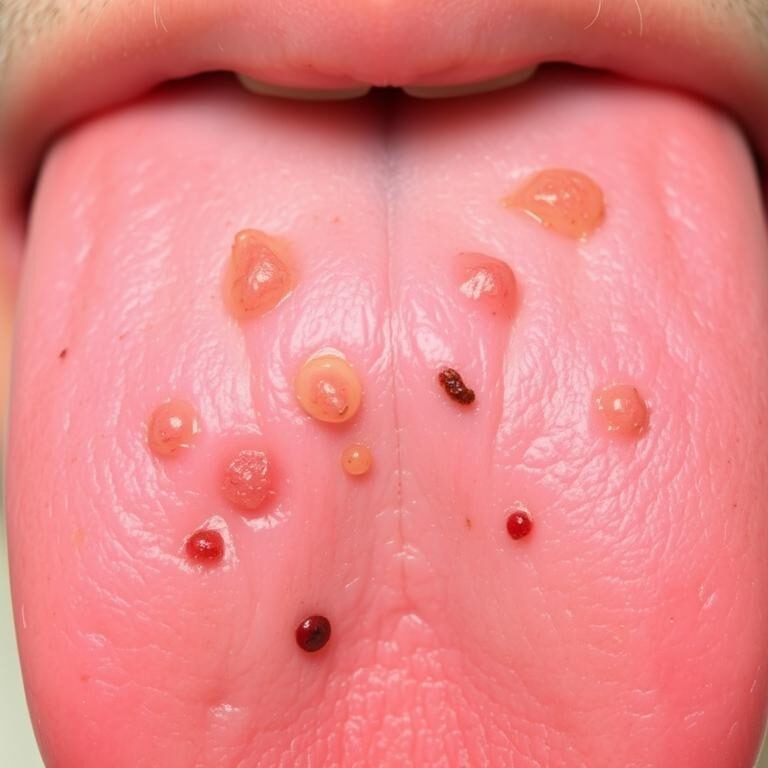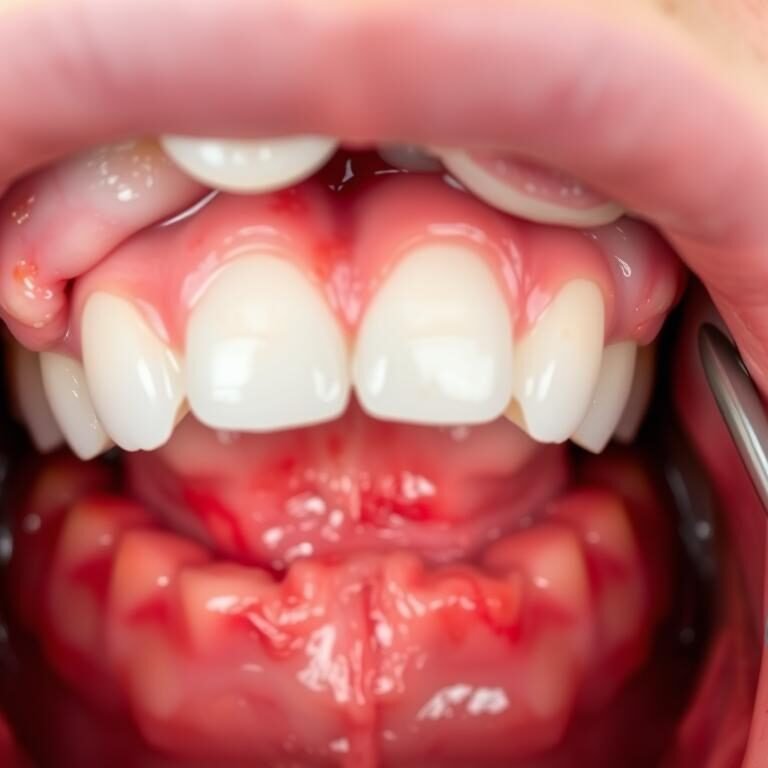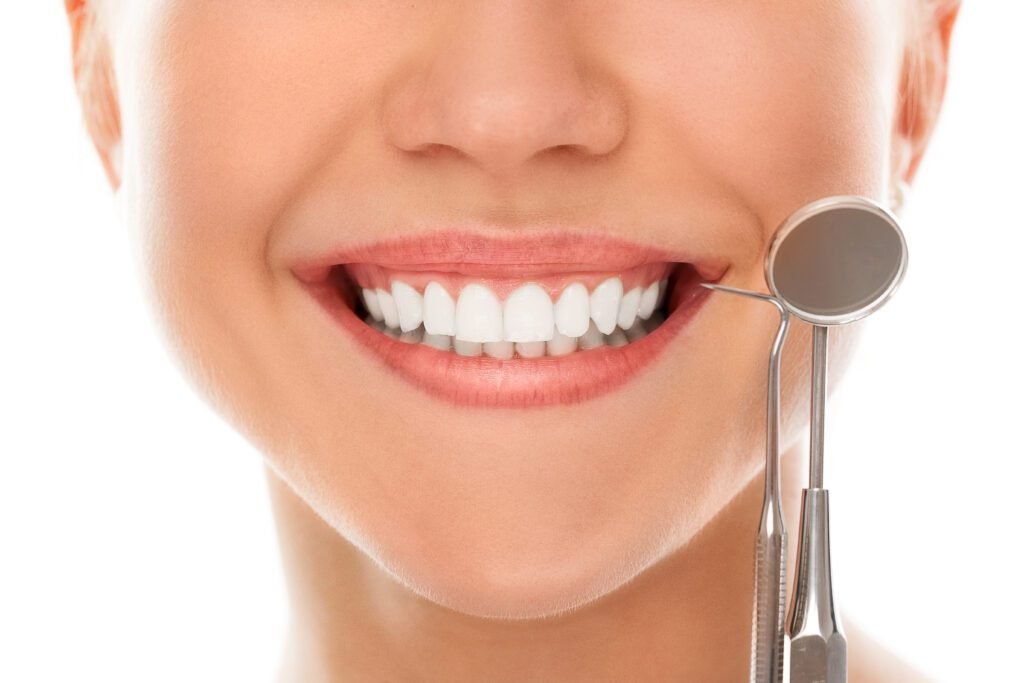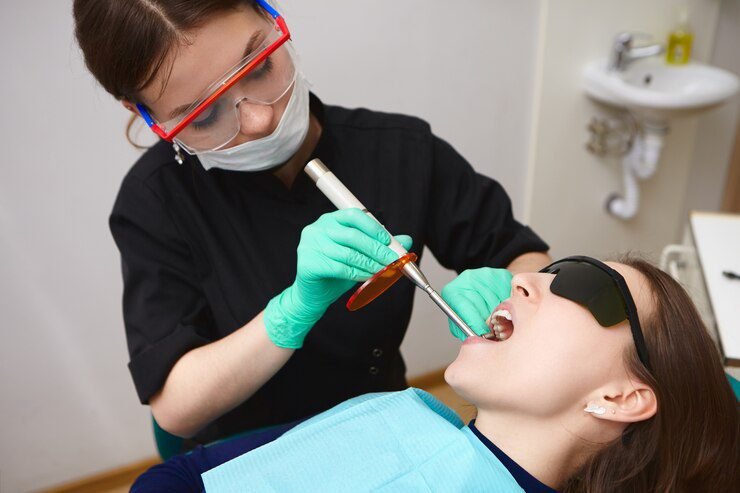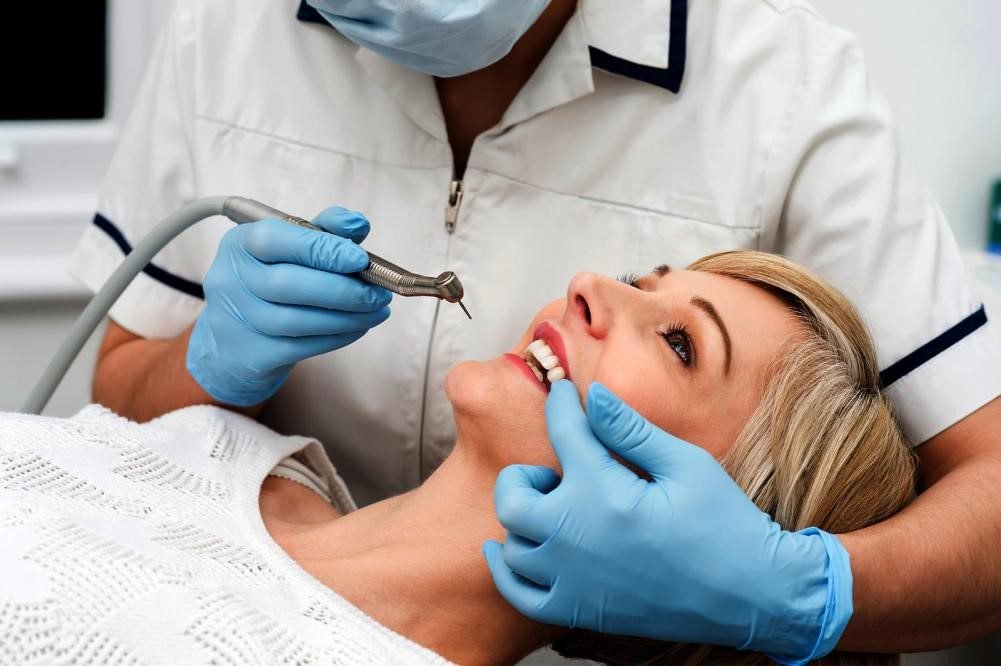Table of Contents
Dealing with Tooth Loss: Restorative Dentistry Options for Missing Teeth
Tooth loss can have a significant impact on one’s overall health and confidence. Thankfully, advancements in restorative dentistry have provided various options to replace missing teeth and restore oral function.
One option is dental implants, which are titanium posts surgically placed into the jawbone to serve as artificial tooth roots. These implants provide a strong foundation for custom-made crowns, bridges, or dentures. Not only do dental implants look and feel like natural teeth, but they also stimulate the jawbone, preventing bone loss that often occurs when a tooth is missing.
Another option for replacing missing teeth is dentures. These removable appliances consist of artificial teeth on an acrylic base that resembles gum tissue. Dentures can be full, replacing an entire arch of teeth, or partial, filling in the gaps left by only a few missing teeth. Despite the advancements in dental implant technology, dentures remain a popular choice due to their affordability and ease of use.

In addition to dental implants and dentures, there are other restorative dentistry options, such as bridges and implant-supported dentures. The ideal treatment option for missing teeth depends on various factors, including the individual’s oral health, budget, and personal preferences. Consulting with a qualified dentist will help determine the most suitable option for each individual case.
Understanding Oral Health and Overall Well-Being: The Connection Between Your Smile and Your Health
Maintaining good oral health is not only essential for a confident smile but also for overall well-being. Your oral health is closely connected to your overall health, as the mouth is a gateway to the rest of the body. Poor oral hygiene can lead to various health issues, including heart disease, diabetes, respiratory infections, and even adverse pregnancy outcomes.
| Aspect of Oral HealthImpact on Overall Well-Being | |
|---|---|
| Healthy Gums | Reduced risk of heart disease, stroke, and diabetes. |
| Strong Teeth | Better ability to eat a balanced diet, leading to improved nutrition. |
| Regular Dental Check-ups | Early detection of systemic diseases like diabetes and oral cancer. |
| Good Oral Hygiene | Lower risk of respiratory infections and other health issues. |
| Proper Alignment of Teeth | Improved speech and self-confidence. |
The connection between your smile and your overall well-being is multifaceted. For instance, gum disease, also known as periodontitis, has been linked to an increased risk of developing cardiovascular disease. The bacteria that cause gum disease can enter the bloodstream and contribute to the formation of plaque in the arteries, potentially leading to heart problems.
Furthermore, certain oral health conditions, such as cavities and tooth loss, can affect your ability to chew and digest food properly. This can impact your nutrition, leading to deficiencies in essential vitamins and minerals. Studies have also shown a correlation between poor oral health and mental health issues, such as depression and anxiety.
Overall, taking care of your smile goes beyond aesthetics. It is crucial for your overall well-being. Regular dental check-ups, proper oral hygiene practices, and a healthy lifestyle are key in maintaining good oral health and preserving the connection between your smile and your overall well-being.
What are some common causes of tooth loss?
Common causes of tooth loss include tooth decay, gum disease, trauma or injury, genetic factors, poor oral hygiene, and certain medical conditions.
How does tooth loss affect overall well-being?
Tooth loss can negatively impact overall well-being by affecting one’s ability to speak clearly, chew food properly, and maintain a balanced diet. It can also lead to self-consciousness, low self-esteem, and social anxiety.
What are the consequences of not replacing missing teeth?
Not replacing missing teeth can lead to several consequences such as shifting of the remaining teeth, bite problems, jawbone deterioration, increased risk of gum disease, and potential changes in facial appearance.
What are the restorative dentistry options for missing teeth?
Restorative dentistry options for missing teeth include dental implants, dental bridges, and removable dentures. These options can help restore the aesthetics and function of the smile.
How do dental implants work?
Dental implants are titanium posts that are surgically placed into the jawbone to replace the missing tooth root. They provide a strong foundation for a dental crown, bridge, or denture, mimicking the natural tooth structure.
What are the advantages of dental implants over other restorative options?
Dental implants offer several advantages over other restorative options. They provide a permanent and durable solution, stimulate jawbone growth, prevent bone loss, and closely resemble natural teeth in terms of appearance and functionality.
How do dental bridges work?
Dental bridges consist of artificial teeth (pontics) that are secured in place by dental crowns on the neighboring natural teeth or dental implants. They “bridge” the gap created by missing teeth.
Can anyone get dental implants or dental bridges?
Not everyone is a suitable candidate for dental implants or dental bridges. Factors such as overall oral health, jawbone density, and gum health need to be evaluated by a dentist to determine the eligibility for these restorative options.
How long do dental implants and dental bridges last?
With proper care and regular dental check-ups, dental implants and dental bridges can last for many years, even a lifetime. However, individual factors such as oral hygiene habits and overall health can affect their longevity.
Are removable dentures a good option for replacing missing teeth?
Removable dentures can be a good option for replacing missing teeth, especially for individuals with significant tooth loss. However, they may require more maintenance and can be less stable compared to dental implants or dental bridges.






